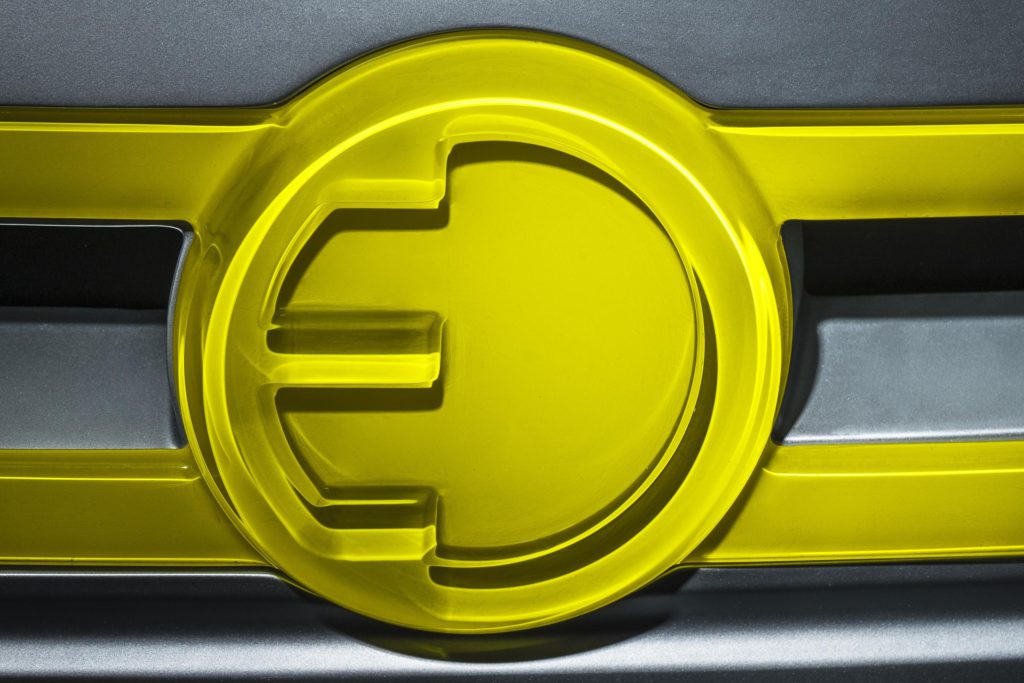Manufacturers begin to unveil electrification plans
25 April 2018

25 April 2018
BMW and Ford have announced more details of their electrification plans as manufacturers push to develop their plans for a low and zero-emission future.
At the Auto China 2018 show in Beijing, the German manufacturer has launched its Concept iX3, an SUV and the first model from the BMW brand to be driven by full electric power. While the company has an EV model in the i3, this is marketed as a sub-brand of the carmaker.
As part of its NUMBER ONE>NEXT strategy, BMW is looking to build its portfolio of vehicles with electric power, planning a hybrid or electric vehicle (EV) version of each of its models. BMW plans to begin producing the iX3 in 2020 at its joint-venture plant in Shenyang and will sell the model abroad, according to partner Brilliance China Automotive Holdings.
The production model will be the first BMW to use a flexible architecture that will underpin combustion engine, plug-in hybrid and battery-powered cars. The concept is powered by a 200kW/270hp electric motor. It has a more powerful battery that offers better performance and range combined with lower weight and volume. The concept has a range of more than 400 km (249 miles) under the Worldwide Harmonised Light vehicles Test Procedure (WLTP), BMW said.
The company is working to make EV technology more modular and scalable, which in turn would make mass-production commercially viable. BMW recently announced that it would increase investment in the technology to €7 billion, and has signed a number of commercial deals, including one for the supply of cobalt, needed to build the vast numbers of lithium-ion batteries required by the vehicles.
Mild-hybrid
Meanwhile, Ford has announced that it will introduce a 48-volt mild-hybrid version of its new Focus onto the European market in 2020.
Mild-hybrid systems improve fuel economy by offering a burst of electric power under acceleration, supplementing that from the internal combustion engine. The US company has been slow to include electrification in its range, discontinuing an EV version of its Focus and only offering the Mondeo with a hybrid powertrain.
The option will be available on the new generation Focus, which launches in Europe later this year. ′48-volt is a really big deal for us. It’s a volume play, not just on this vehicle but across the board,’ Ford’s global head of markets, Jim Farley, said at the global unveiling of the new model in London earlier this month.
Ford gave no details of its 48-volt system, but it’s expected to use a starter-generator mated to a lithium-ion battery and connect to the engine via a belt.
Automakers are increasingly developing mild-hybrid systems either to improve diesel emissions or reduce fuel consumption on petrol models to match that of diesel. With CO2 levels rising in Europe following the collapse of the diesel market, manufacturers are looking for quick solutions to ensure they don’t miss key pollution targets set for 2021.
Volkswagen Group (VW) is another launching 48-volt hybrid systems on some of its models, with the Audi A6, on sale later this year, offering the option with both petrol and diesel engines, plus a 12-volt mild-hybrid model expected at some point. The next-generation Golf is expected to feature a mild-hybrid system, while next year’s SEAT Leon will also include the technology for the first time.